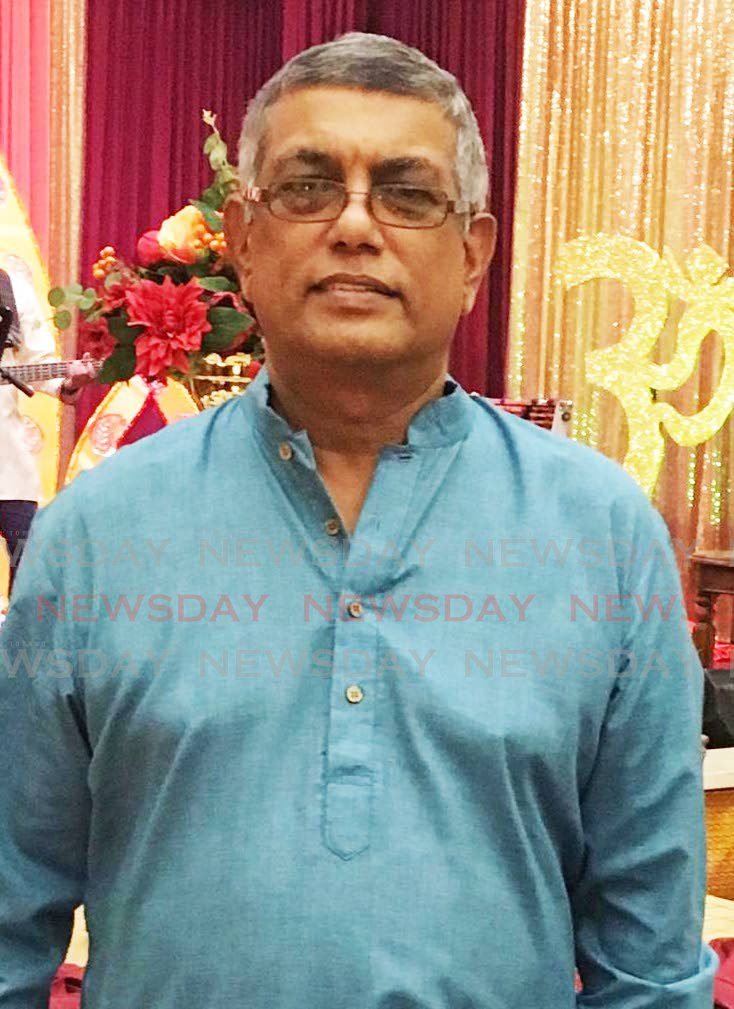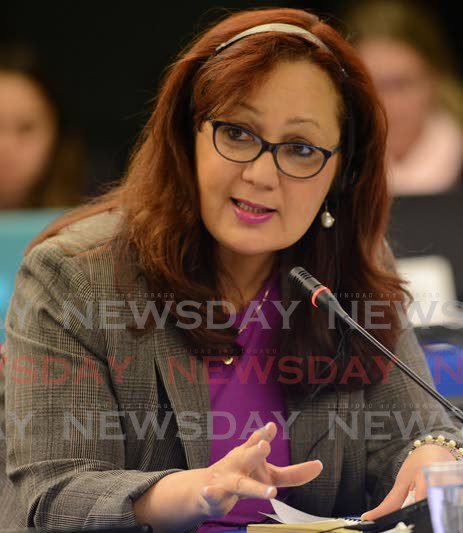Family Planning Association: Sex ed is no threat to religious freedom

The introduction of sex education in schools poses no threat to the rights and freedoms of religious institutions said the Family Planning Association of TT (FPATT) as they responded to the concerns of the Sanantan Dharma Maha Sabha (SDMS).
On Friday it was reported that the SDMS through their attorney Dinesh Rambally wrote to the Ministry of Education claiming the introduction of health and family life education (HLFE) in the school curriculum would be a violation of the 1960 Concordat.
Rambally, in his letter, claimed the addition of HLFE would amount to a violation of the rights and religious freedom of the SDMS.
In another newspaper on Friday the SDMS was reported as saying the introduction of such topics would "inadvertently raise unbridled curiosity and exploration among pre-pubescent and pubescent students."
FPA president Prof Rose-Marie Belle Antoine, in a media release on Saturday, said comprehensive sex eductation (CSE) and HLFE in schools should not be seen as a counter to religious doctrine but maintained it would complement the moral and religious teachings of different faiths.
Citing the high rates of teenage pregnancy and HIV in the region, the Antoine said the introduction of such a programme could benefit young people as shown in other parts of the world.
"It bolsters the knowledge and skill sets of children to make mindful, healthy and respectful decisions related to their physical well-being, emotional health, relationships and sexuality.
"When administered within a safe and enabling learning environment and together with access to health services, it has a positive and life-long effect on the health and well-being of children.
"Many studies have shown that the introduction of long-term national CSE/HFLE programmes has actually led to a decrease in teenage pregnancies and abortions and a decline in rates of sexually transmitted infections (STIs) and HIV infections among young people aged 15–24 years."
Antoine also noted that while FPATT agreed with the Maha Sabha that parents should be the first contact of sex education, many parents have not performed their responsibility adequately and children are left to learn from mass media or their peers which may further contribute to misinformation.
She added that the failure of parents to fulfil this role places many children at risk and urged the SDMS to partner with the Ministry of Education in better informing children.
"Equipping teachers with the knowledge, skills and comfort level to effectively deliver sexuality education is critical to leverage such opportunity.
"Such teachers will help ensure that young people receive accurate and age– appropriate information that will help guide them through adolescence and enable them to make responsible decisions that impact their current and future sexual and reproductive health and their overall well–being."
Contacted for comment, secretary general of the SDMS Vijay Maharaj said nothing in FPATT's statement had contradicted the stance of his organisation and questioned whether they read his statement and concerns before issuing their response.
He also called on the FPATT to provide figures on whether teenage pregnancy had increased or decreased since the Child Marriage Act was implemented in June 2017.
"After reading it several times I have seen no criticism of the Maha Sabha in it. You (the FPATT) agree with what we said in terms of our rights and so on but what they have done is whole-heartedly supported the Prime Minister and the Ministry of Education.
"You had the marriage act changed and the FPATT was part of that process because you're concerned about teenage pregnancies but I'd like the same association to come forward and give us figures on whether these numbers have increased or decreased since the law was changed."



Comments
"Family Planning Association: Sex ed is no threat to religious freedom"